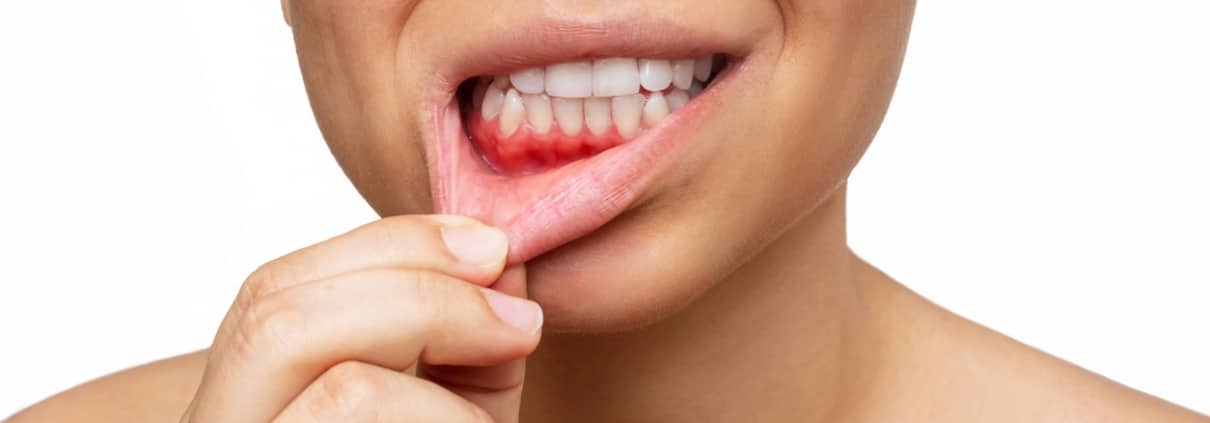Bleeding Gums: Should I Be Worried?
Bleeding gums after brushing and flossing is a common condition, but it’s one that should cause concern. Often, this is an early warning sign of gum disease. And if you struggle with frequent or unusual amounts of blood after brushing and flossing or while eating, you may have a more advanced case of gum disease, called periodontitis. Both mild and severe gum disease require treatment. Your dentist in Beaver Dam, KY, can help.
How Do I Know If I Have Gum Disease?
The symptoms of mild gum disease include puffy, swollen, and painful gums, bad breath, and bleeding after brushing. Advanced gum disease can lead to painful abscesses, receding gums, and changes in your bite that affect your ability to bite, chew, and speak clearly. Both require intervention and deep cleaning from your dentist. Both require a change in the way you care for your teeth at home, as well.
Does Gum Disease Go Away on It’s Own?
Gum disease does not clear up on its own. Even if you upgrade your oral hygiene routine at home, you’ll still need dental intervention because of plaque buildup beneath the gum line. Your dentist must scrape this away using special tools. Otherwise, your condition will continue to worsen.
How Does My Dentist Treat Gum Disease?
Initially, your dentist will perform a dental exam, which may include diagnostic tests such as X-rays to determine what’s happening with your oral health. If you are diagnosed with gum disease, the next step is usually a thorough cleaning. This includes cleaning and scaling the pockets surrounding your teeth. During the course of treatment, your dentist may:
- Remove tartar and bacteria from your teeth and below your gumline.
- Smooth the root surfaces of your teeth to help the gums reattach.
- Prescribe oral antibiotics or an antibiotic mouth rinse or gel to ease infection.
For help with bleeding gums in Owensboro or Beaver Dam, KY, call Travis Wilson, DMD, today.




Leave a Reply
Want to join the discussion?Feel free to contribute!